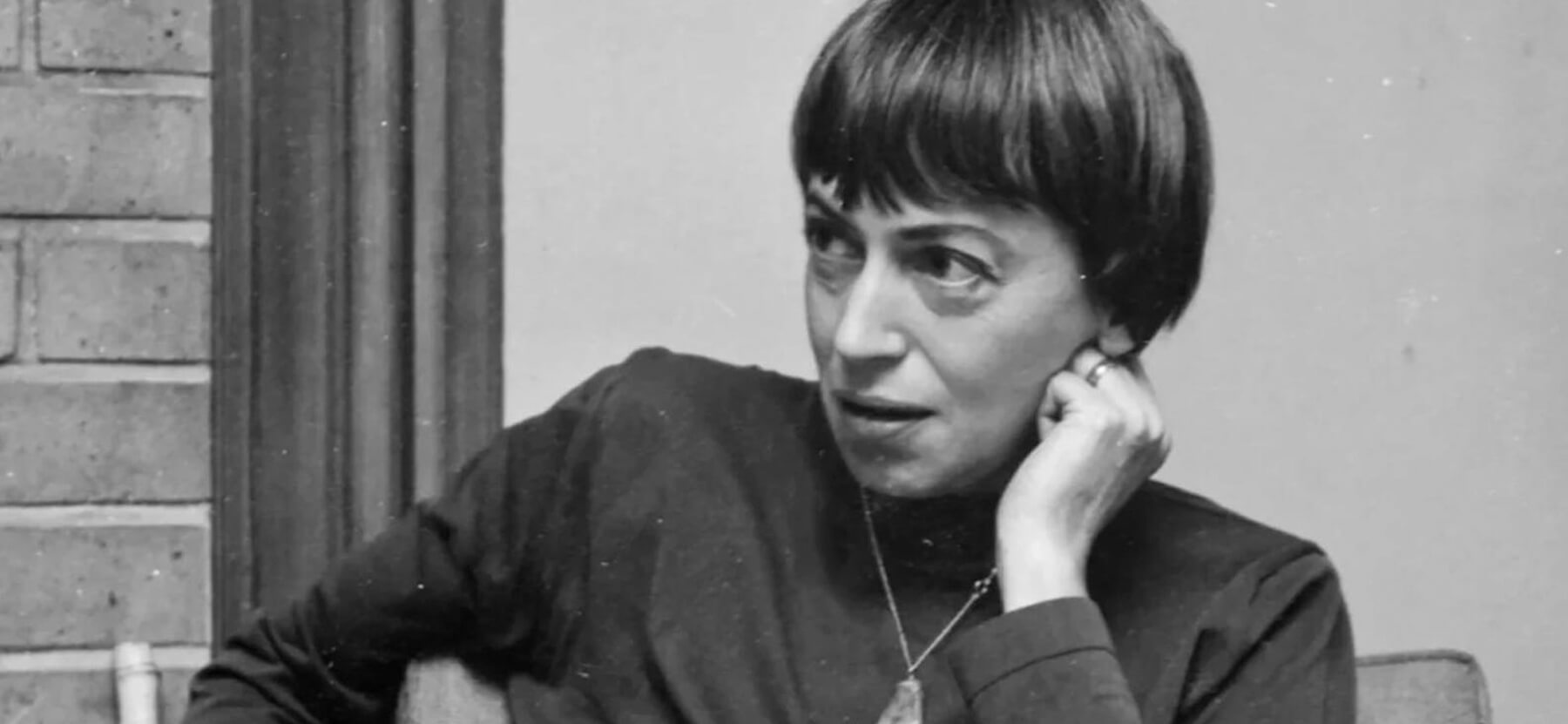Quotation Mark-Up: A Misattribution About Creativity & Childhood
A memorable quote is a helpful tool. They help us remember something profound through carefully chosen and powerful words. They’re like a tagline for an idea. Unfortunately, we as people have a tendency to use quotes not to just remember what we believe, but instead to inform our beliefs in the first place. I believe this is one of those cases.
This quote, misattributed to the late great author Ursula K. Le Guin (her short stories were like Black Mirror before Black Mirror), reads as follows:
“The creative adult is the child who survived.”
Question 1: What is the original context?
This quotation’s first documented use can be found in a collection of quotes compiled by Professor Julian F. Fleron of Westfield State University in 1999. By Le Guin’s own best guess, he completely bastardized something she said in 1974, which read:
“I believe that maturity is not an outgrowing, but a growing up: that an adult is not a dead child, but a child who survived.”
Not to tip my hand, but this information comes from Ursula K. Le Guin’s own blog post where she addresses this rampant misattribution and refers to the quote itself ‘the vapid statement’.
So, this quote is unique in that it was attributed to the wrong person from the moment it was showcased in print, and that misattribution was addressed directly by the faux-speaker.
Question 2: Is this quote meant to be taken literally?
For the most part, yes. While the word “survived” is used metaphorically, the idea is still remarkably straightforward.
Question 3: What is really being said, and do I agree?
The quotation posits that for an adult to be truly creative, elements of their childhood that fade over time for most (like thought processes and points of view) must stay evident within them. That creative thinking requires the ability to step outside of the paradigms and structures we live most of our adult life in. That playing by societal rules and relying on conventional thinking won’t lead to creative ideas.
I think this is bullshit.
While I certainly agree that a higher percentage of a child’s thoughts are creative, or at least existing concepts they arrived at independently, I think this quote and this way of thinking equates creativity with naivety. It argues that the imagination of a child, which is based on adorable ignorance, is the wellspring that produces truly meaningful creative work.
My feeling, which is to the contrary, is that while the ability to imagine freely is an important component of creativity, thoughtful observation informs what you imagine in the first place. In other words, the creativity that drives the adult world forward is thoughtful and springs into existence from conscious observation. And kids are famously not observant.
To use other cliches, you have to know the rules to break them and the concept of the creative process would seem to imply that creative solutions require an awareness of societal structures. The quote argues that to be creative, you have to ignore their existence.
Question 4: How does this quote apply to the advertising/creative industry?
The best application of this use in the creative field is to use it as a cautionary tale of a behavior best avoided. Creatives, and I think writers in particular, have a habit of thinking their next great idea will come to them. That if they just open up their brain and use their imagination like a kid would, this amazing concept will just manifest itself. That’s the informal creative process this quote supports.
It’s been my experience, and thus my belief, that truly great creative work comes from one thing: research. The more you know, the more you can create. And research doesn’t strictly mean reading and intaking content, it means observing the world around you, understanding your audience, and learning how to reach them. If you have an essay to write, would you rather start with a blank page or with a prompt?
Question 5: Has anyone said it better?
Mercifully, yes. I believe so. This take on the origin of creativity comes from a little-known theoretical physicist named Albert Einstein:
“Creativity is intelligence having fun.”
I think he’s right.
